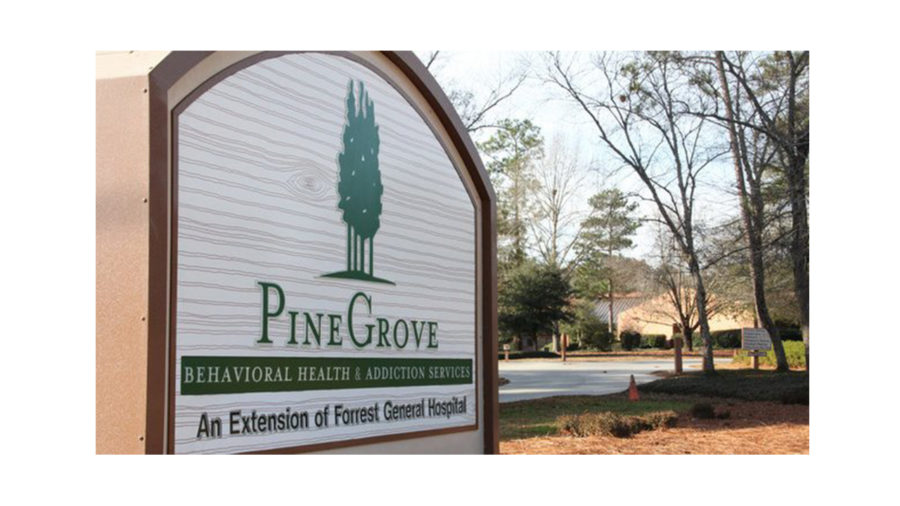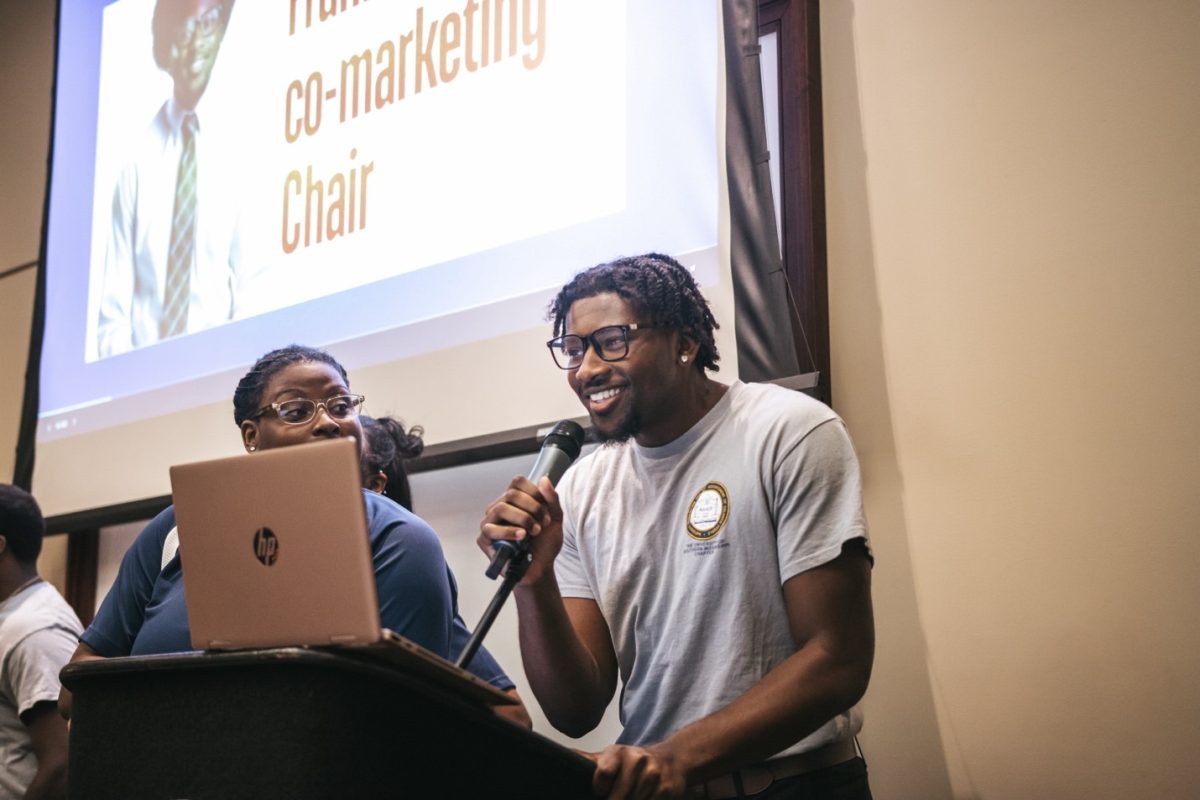Student experiences costly lesson in informed consent
When junior international studies and biology major Briana Hardman found herself stressed beyond her means last semester, she decided to take advantage of campus resources and seek counseling from USM’s Community Counseling and Assessment Clinic. (CCAC).
Hardman, whose family’s lack of resources and hesitant views about psychiatry kept her from ever seeking treatment before, kept coming across fliers advertising free counseling services at USM.
“I’d never gone to counseling before,” Hardman said. “I didn’t really know what to expect. Some people in my life told me it’d probably be a good idea.”
Although Hardman’s journey began in the CCAC, she was soon referred to Student Counseling Services (SCS) thanks to significant risk factors in the past – ones that included her older sister’s suicide and its many repercussions.
“My sister’s death has had an inexplicable impact on my life,” Hardman wrote in an Odyssey article detailing the experience. “Her absence every day since has left me with a deep longing that resonates with our family and friends alike. The path I traveled to in adulthood twisted under the shadow of loss. That ache doesn’t go away and that is okay. There isn’t going to be a day that I’ll wake up and suddenly not have lost my sissy.”
At SCS, a representative gave Hardman a risk assessment in order to determine if she was an immediate danger to herself or others. Unwarranted conditions like suicidal ideation were “slapped” onto Hardman’s file without her knowledge, as well as incorrect dates that probably had a massive impact on the suggested treatment methods.
“I lost my sister to suicide three years ago,” Hardman said. “In my records, they wrote that I lost my sister within the year, which is really different in how you treat someone, because they already would’ve developed some coping mechanisms in three years. That would be incredibly different than within the year.”
Representatives also called Hardman an alcoholic and said she was failing all her classes.
“I don’t really know where that miscommunication came from,” she said. “I wrote that at most I’ve had an alcoholic beverage once every two weeks. I told them I was stressed out about an honors class. They kind of exaggerated a lot of what I told them.”
Following the risk assessment, Hardman was offered a free evaluation by a psychiatrist regarding medication options. Hardman, lured by the fact that the evaluation would be “short, sweet and free,” reluctantly agreed.
From there, she found herself quickly swept away in an experience that cost her family thousands in medical expenses and left her psychologically and emotionally drained.
“The prognosis seemed grim,” she wrote. “Obviously, my psyche was home to risk factors that raised a red flag before sinking the whole boat.”
Hardman was taken to a psychiatrist at Pine Grove, where a social worker decided that she had to be committed immediately for 72 hours in the adult psychiatric ward.
“The fact that Pine Grove is an in- patient facility was never discussed,” wrote Hardman in her article. “The cost and burden of inpatient treatment was never discussed. The entire time I had been in contact with counselors at USM, I was very clear that I do not want to commit suicide or hurt myself, only that I still think about my sister’s death, but here I was being told that I’m a clear danger to myself and those around me.”
At Pine Grove, Hardman faced threats of longer incarceration and forced medication, as well as involuntary strip searches. She was denied basic hygienic accommodation.
“Prescription medications are [banned] as well, but the emphasis on [my] heart condition inspired Pine Grove to provide me a few pills out of the goodness of their heart,” Hardman wrote. “Later at the prescription counter where every patient had to wait in line at predetermined times of the day, a nurse berated me for not having all of my medications there. Silly me.”
Hardman was eventually released after the “only mental health professional” she encountered agreed that she didn’t need to be there.
“Pine Grove’s sad reality is that everything that occurred, not all being covered here out of my own desire for privacy, is perfectly legal,” Hardman wrote. “Furthermore, these practices are known to Southern Miss and supported. The director over SCS worked at Pine Grove for several years and currently maintains a relationship with the facility by providing training and lectures to those employed there.”
After her experience, Hardman is pursuing the implementation of a “policy requiring fully informed consent in regards to treatment and reimbursement” for the expensive inpatient stay she was forced to endure. She will not forget the devastating effects of her experience.
“My problems with anxiety have only gotten worse because of this, and in dealing with Southern Miss afterward, I have been shown the dark side of the school I love – an industry without accountability,” she wrote.
However, she does not think her experience should deter other students looking for help.
“I think it’s really important to stand up for yourself and know your rights,” she said. “You’re not inherently wrong just because you’re having problems.”
Although Deena Crawford, director of USM Student Counseling Services, could not comment on Hardman’s specific case, she said there are several safety measures in place in order to prevent such things from happening.
First, each counselor consults with others. Another measure is talking to the student along the way and making him or her aware of what can possibly happen, as well as what will happen. Finally, every student who seeks counseling services must sign an informed consent form.
“Anybody who goes into Pine Grove has to sign a piece of paper that says we can pay for my treatment and (gives) consent for treatment,” Crawford said. “Before they’re even assessed, there’s pieces of paper they have to sign that gives all that information.”
Crawford said that the referral to Pine Grove has always been voluntary.
“We’ve never taken anybody that did not want to go,” she said.
Although informed consent has always been a part of the process, Student Counseling Services revised its Informed Consent for Safety Assessment form this past summer to “break down the Pine Grove part step-by-step” in order to combat misinterpretation.
In the 2015-2016 school year, SCS dealt with 3,863 service appointments, 302 consultations and 215 emergencies. There are no statistics for referrals and admittances to Pine Grove, but Crawford said they have started keeping track of those numbers starting this past summer.
“So that’s not going to be our intention, especially (as) good counselors,” Crawford said. “As director here, I make sure we’ve got good counselors.”


























